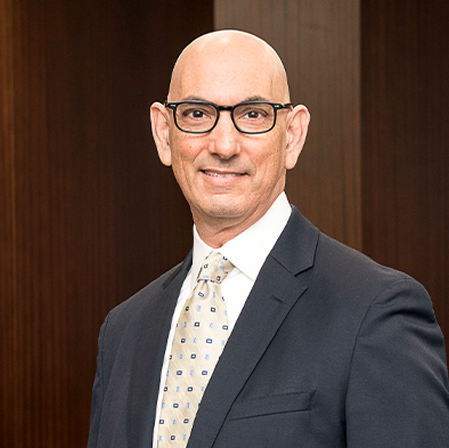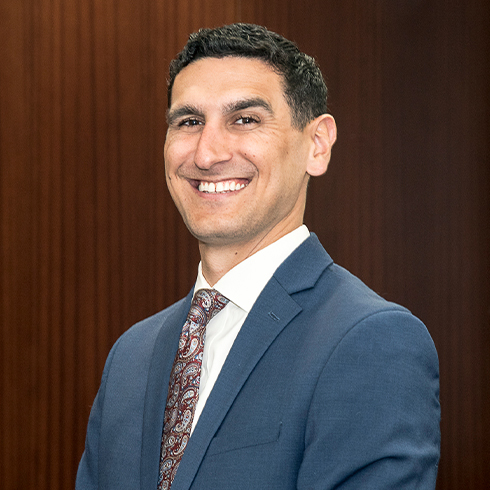Nursing home abuse is a serious issue affecting many elderly residents in care facilities. This type of abuse can manifest in various forms, including physical, emotional, sexual, and financial abuse, as well as neglect. Understanding what constitutes abuse is crucial for families and caregivers who want to ensure their loved ones are safe and well-cared for in these settings. Recognizing the signs of abuse, knowing the appropriate steps to report it, and understanding one’s rights and responsibilities can make a significant difference in addressing and preventing such incidents.
Recognizing the Signs of Nursing Home Abuse
Identifying abuse in a nursing home can be challenging, as elderly residents may be unable or unwilling to communicate their experiences. Physical abuse can present as unexplained bruises, cuts, or fractures. Emotional abuse may be evident through changes in mood or behavior, such as withdrawal, depression, or anxiety. Sexual abuse can be identified through physical signs, such as bruising or bleeding in the genital area, or emotional signs, such as fear or discomfort around specific individuals. Financial abuse may be detected through unexplained financial transactions or missing belongings. Neglect can be observed through poor hygiene, weight loss, or bedsores. Being vigilant about these signs is the first step in protecting vulnerable residents.
Legal Rights of Nursing Home Residents
Nursing home residents have specific rights guaranteed by federal and state laws. The Nursing Home Reform Act of 1987 establishes residents’ rights to receive proper care and be free from abuse and neglect. These rights include the right to dignity, privacy, and autonomy, as well as the right to participate in decisions about their care. Additionally, residents have the right to be informed of their medical condition, make complaints without fear of retaliation, and have access to their personal funds. Understanding these rights empowers residents and their families to advocate for better care and take action when these rights are violated.
Responsibilities of Family Members and Caregivers
Family members and caregivers play a crucial role in protecting nursing home residents from abuse. Regular visits and communication with the resident can help identify signs of abuse or neglect. Establishing a good relationship with the nursing home staff and administration can also facilitate better care and prompt responses to concerns. Additionally, families should be familiar with the resident’s care plan and ensure it is being followed. Keeping detailed records of any incidents or concerns, including dates, times, and the individuals involved, can be invaluable when reporting abuse. Taking these proactive steps can significantly reduce the risk of abuse and ensure the resident’s well-being.
Steps to Take When Suspecting Nursing Home Abuse
When nursing home abuse is suspected, it is crucial to act promptly to protect the resident and stop the abuse. The first step is to ensure the immediate safety of the resident. This may involve moving the resident to a different facility or arranging for temporary home care. Once the resident is safe, it is essential to document the signs of abuse thoroughly. This documentation should include detailed descriptions of physical injuries, changes in behavior, and any statements made by the resident. Photographs of injuries and copies of financial records can also be useful. Gathering this evidence will be critical when reporting the abuse to the appropriate authorities.
Amazing firm. Went above and beyond in making me feel welcomed, informed, and at ease considering the serious reasons for me being there. It was my first time dealing with something like this and it was comforting knowing I had a whole team behind me working to get the best outcome possible which they did. Highly recommend this firm to anyone looking for a good reliable lawyer who will work with you and be considerate of your well being.” - Daniel Torres
Reporting Nursing Home Abuse
Reporting nursing home abuse involves several steps. The first point of contact should be the nursing home administration. Informing the facility about the suspected abuse allows them to investigate and take appropriate action. If the administration fails to address the concerns adequately, or if the abuse involves the administration itself, it is necessary to escalate the report. The next step is to contact the local Adult Protective Services (APS) or the state’s nursing home ombudsman. These agencies are responsible for investigating reports of abuse and ensuring the safety of vulnerable adults. In cases of severe abuse or if the resident is in immediate danger, contacting local law enforcement is essential.
Legal Actions and Seeking Justice
In addition to reporting the abuse to the appropriate authorities, it may be necessary to take legal action against the individuals or the facility responsible for the abuse. Consulting with an attorney who has experience in elder law can provide guidance on the best course of action. Legal action can result in criminal charges against the abuser, civil lawsuits for damages, or both. Holding the abusers accountable through the legal system not only seeks justice for the victim but also serves as a deterrent to others who may consider engaging in such behavior. It can also result in policy changes within the facility, leading to better protection for all residents.
Supporting the Victim
Supporting a victim of nursing home abuse involves more than just stopping the abuse. It is essential to address the physical, emotional, and psychological effects of the abuse. This support may include medical treatment for physical injuries, counseling or therapy for emotional trauma, and legal assistance to navigate the complexities of the justice system. Families should also provide a supportive and understanding environment for the victim, ensuring they feel safe and valued. Rebuilding trust and confidence can take time, and patience and empathy are crucial during this process. Ensuring the victim receives comprehensive support can aid in their recovery and improve their quality of life.
Value of a Personal Injury Case Choosing a Personal Injury AttorneyRelated Videos
Preventing Future Abuse
Preventing nursing home abuse requires a multifaceted approach. Facilities must implement and enforce strict policies and procedures for preventing and addressing abuse. This includes thorough background checks and training for staff, as well as regular evaluations of the facility’s practices. Families and caregivers can also play a role in prevention by staying informed and involved in the resident’s care. Advocating for stronger laws and regulations at the state and federal levels can lead to better protection for nursing home residents. Public awareness campaigns can educate the community about the signs of abuse and the steps to take if abuse is suspected. By working together, we can create a safer environment for our elderly loved ones.
The Role of Nursing Home Staff
Nursing home staff are on the front lines of resident care and play a critical role in preventing and addressing abuse. Staff should be trained to recognize the signs of abuse and understand their responsibility to report any suspicions or incidents of abuse immediately. Creating a culture of transparency and accountability within the facility can encourage staff to report concerns without fear of retaliation. Regular training and professional development can ensure staff are equipped with the skills and knowledge necessary to provide high-quality care. By fostering a supportive and respectful work environment, nursing homes can improve staff morale and reduce the risk of abuse.
Verdicts & Settlements
Choosing the Right Nursing Home
Selecting the right nursing home for a loved one is a significant decision that can impact their quality of life. Families should research potential facilities thoroughly, considering factors such as the staff-to-resident ratio, the qualifications of the staff, and the overall atmosphere of the facility. Visiting the facility, speaking with current residents and their families, and reviewing inspection reports can provide valuable insights into the quality of care provided. Ensuring the facility has robust policies and procedures for preventing and addressing abuse is also crucial. Taking the time to choose the right nursing home can reduce the risk of abuse and ensure the resident receives the care they deserve.
75% of people who are injured due to someone else's negligence don't believe they could pursue an injury claim. 95% of personal injury cases are settled pretrial. Typically, only about five percent of personal injury claims will go to trial. $0 is the amount it will cost you to contact us and start your personal injury claim. Reach out for a free consultation.Personal Injury Statistics
The Importance of Advocacy
Advocacy is essential in addressing and preventing nursing home abuse. Families, caregivers, and community members can advocate for better care and stronger protections for nursing home residents. This advocacy can take many forms, including speaking out about abuse, supporting legislation that protects residents, and participating in public awareness campaigns. Advocacy can also involve working with organizations dedicated to improving the quality of care in nursing homes. By raising awareness and pushing for change, advocates can help create a system that prioritizes the safety and well-being of our elderly population.
Fighting for the Justice Your Loved Ones Deserve
Nursing home abuse is a grave issue that requires immediate attention and action. Understanding the signs of abuse, knowing the rights of nursing home residents, and taking appropriate steps to report and address abuse are crucial in protecting vulnerable individuals. Families and caregivers have a significant role to play in ensuring the safety and well-being of their loved ones. By staying informed, vigilant, and proactive, we can work together to prevent abuse and create a safer environment for all nursing home residents.
If you suspect that a loved one is a victim of nursing home abuse, do not hesitate to take action. Contact Alpert Schreyer Injury Accident Lawyers for legal assistance and guidance. Our dedicated team is committed to protecting the rights of nursing home residents and ensuring they receive the care and respect they deserve. Reach out to us today for a consultation and take the first step towards justice and safety for your loved one.
















